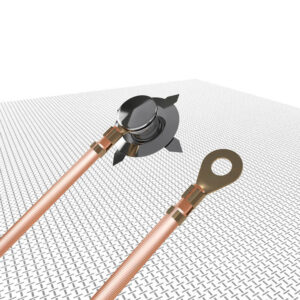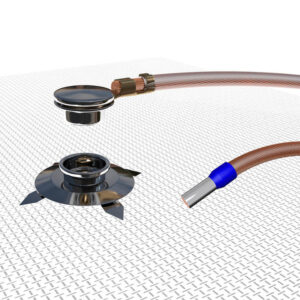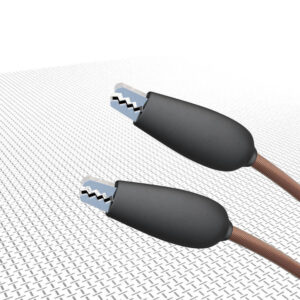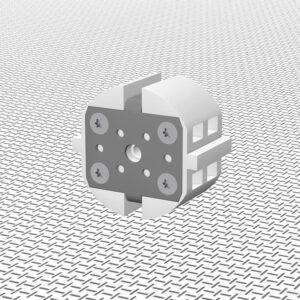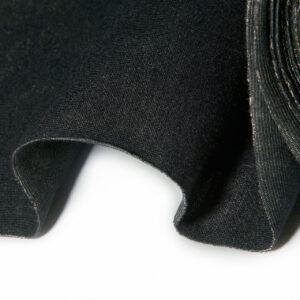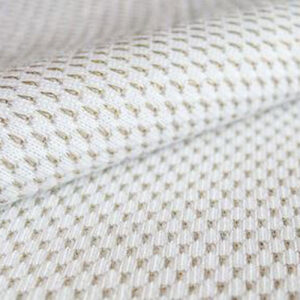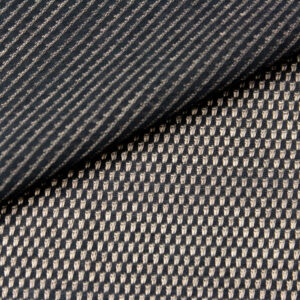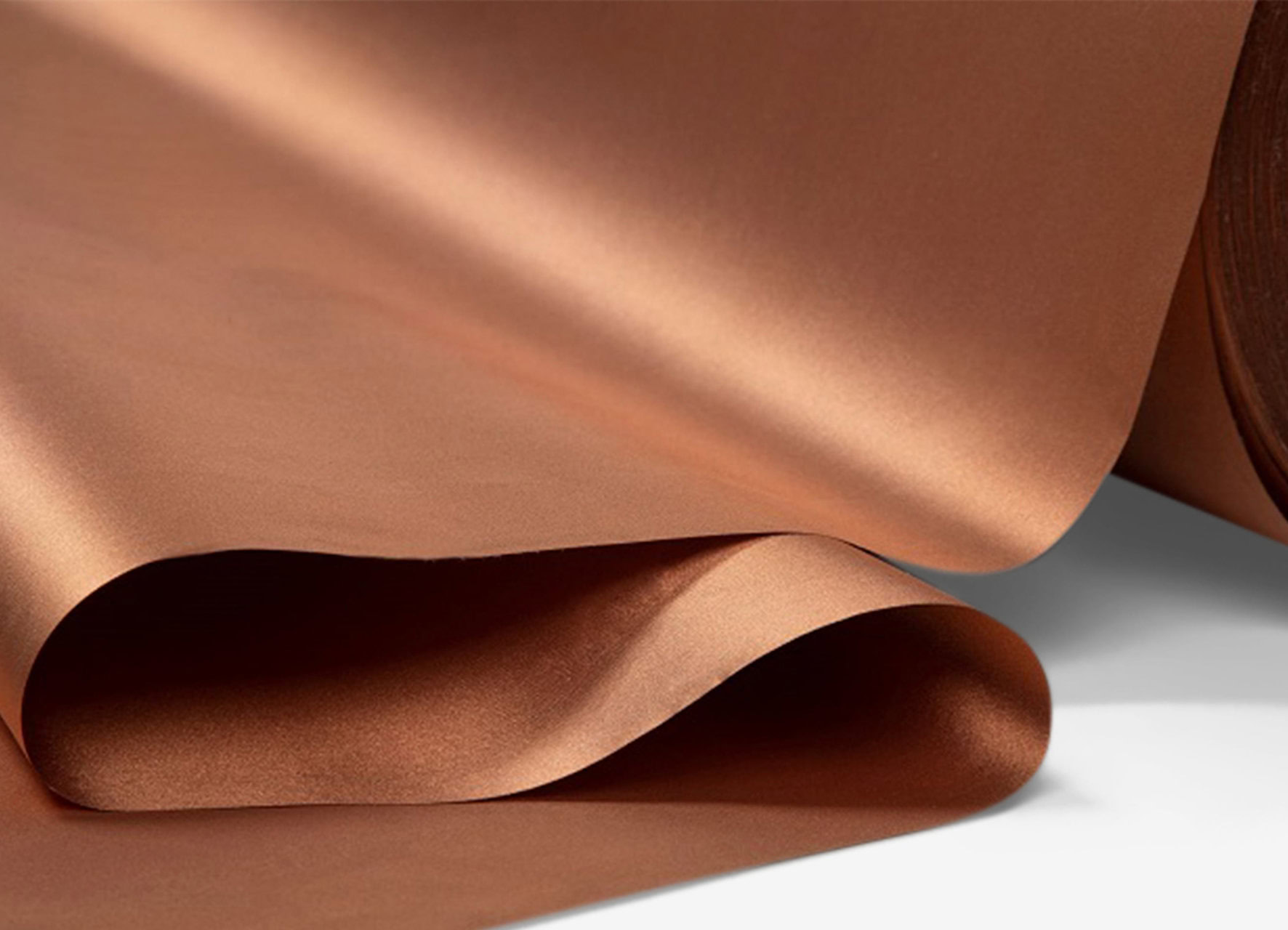
Fabrics and web - High-quality screening materials for optimal protection
Electromagnetic radiation: an invisible danger
Be it mobile telephony, WLAN or Bluetooth, electromagnetic radiation is an integral part of modern life. Yet many people underestimate the long-term effects of these invisible waves. Sensitive people complain of sleep disturbances, concentration problems or headaches, while sensitive technologies can be affected by parasitic signals. How can you protect yourself from these annoyances without sacrificing comfort or aesthetics ?
Shielding fabrics - effective protection for a wide range of applications
Our high-quality shielding fabrics provide a reliable barrier against electromagnetic radiation. They are made of conductive materials such as silver, copper or stainless steel and reflect radiation in different frequency ranges. They can be used in many sectors, from clothing and household linen to industrial applications.
Advantages of our shielding fabrics
During sleep, our body regenerates, detoxifies itself and renews cells. Electrosmog can severely disrupt this biological process by reducing the production of melatonin – a hormone responsible for deep, restful sleep. With a shielding canopy from Ecologa Europe, you can transform your sleeping area into an undisturbed oasis of peace and effectively protect yourself from electromagnetic radiation.
- Maximum protection: Shielding performance of up to 99.99% (40-50 dB)
- Wide range of applications: Clothing, curtains, bed linen, canopies, technical textiles
- Tested quality: Certified according to OEKO-TEX 100, REACH & RoHS
- Skin-friendly & comfortable: Soft fabrics for direct body contact
- Sustainable & durable: Free from harmful nanoparticles
Our products
Your project, our expertise
Where are shielding materials used?
Thanks to their versatility, our shielding materials are indispensable in various areas:
- Sleeping and living areas: radiation protection for restful sleep and greater well-being
- Office & home office: protection against electrosmog from WLAN, smartphones & routers
- Construction & renovation: invisible integration in new buildings or renovations
- Industry & research: shielding for laboratories, data centers and technical facilities
- Medical areas: Reducing EMF exposure in clinics and surgeries
Note: You can achieve the best shielding effect with a combination of fabrics,
earthing systems and supplementary shielding materials.
Our Fabrics and Webs - Find the right material for you
Protective fabrics
Specially designed for clothing and the home
Nonwovens and protective nets
Ideal for shielding large areas of walls, ceilings and floors.
Grounding accessories
Specialized protective fabrics for industry, research and security.
Technical fabrics
Specialized protective fabrics for industry, research & safety.
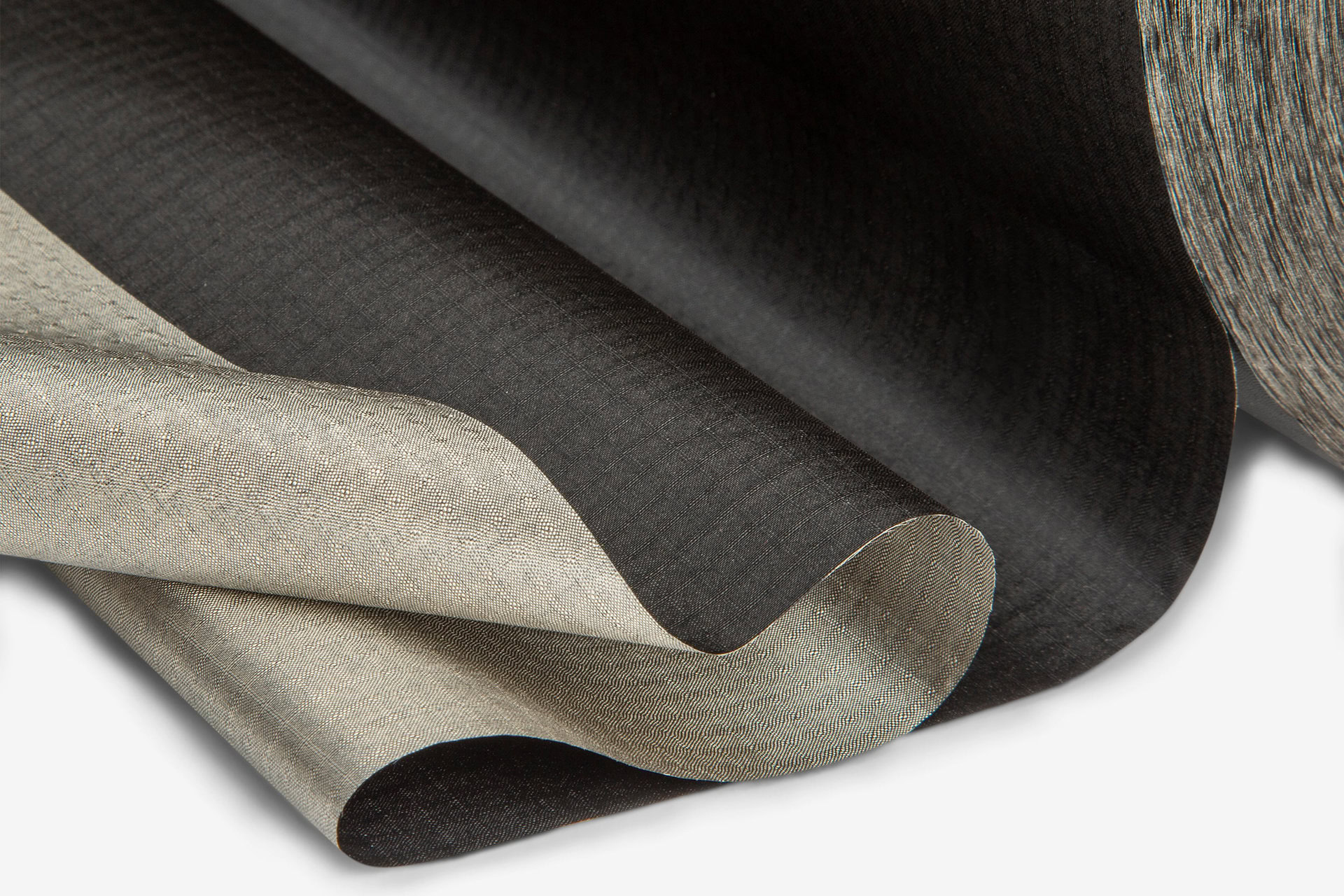
FAQ - Frequently asked questions about shielding materials
1. How do shielding materials work?
Shielding materials contain conductive fibers that reflect electromagnetic radiation.
2. How strong is the shielding performance?
The shielding performance varies depending on the material and application.
3. Can I sew clothes or curtains from the fabrics myself?
Yes! Our fabrics are easy to work with and are ideal for DIY projects.
4. Are the fabrics harmless to health?
Yes, our canopies can be washed with special detergents for shielding fabrics.
5. How can I protect a room with screening fabrics?
You can use curtains, wall coverings or canopies made from our fabrics to create an effective barrier against electrosmog.
6. Can I test the shielding performance myself?
Yes, you can test the effectiveness of the fabrics using special EMF measuring devices.
7 Which materials are suitable for clothing?
Cotton fabrics with silver or copper threads offer a high level of comfort and effective shielding for everyday wear.
8. How do I care for shielding fabrics?
Most fabrics are washable, but aggressive detergents and fabric softeners should be avoided so as not to impair the shielding effect.
9. Do shielding fabrics need to be earthed?
Yes and no. No for fabrics that are specially developed and used for the manufacture of clothing.
Yes for metallized fabrics and for all technical fabrics that are highly conductive.
Ja, wenn ein Stoff z. B. mit einem elektrischen Kabel in Berührung kommt, auch wenn es sich um einen Stoff handelt, der nicht unbedingt geerdet sein muss.
If substances are earthed, they also protect against low frequencies.
